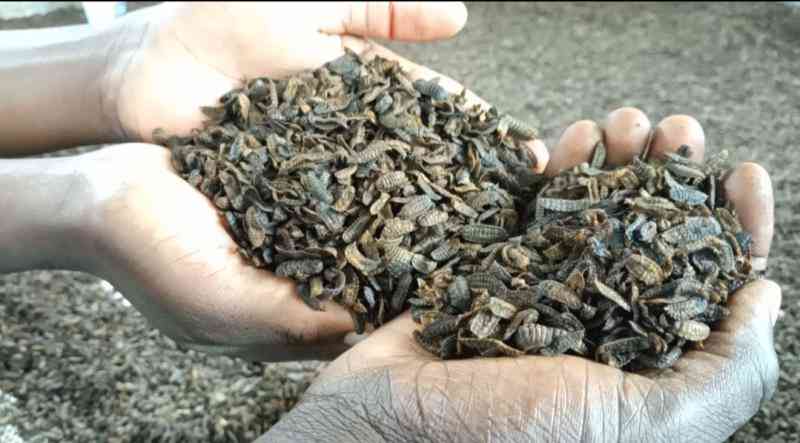×
The Standard e-Paper
Join Thousands Daily

A strong stench of decomposing organic waste welcomes one at the farm where a group of youths are rearing the black soldier flies for larvae and organic manure.
If not careful, thousands of the excited houseflies vigorously hovering in huge swarms around containers they feed from at the organic refuse store can easily find their way into someone's mouth or nose.